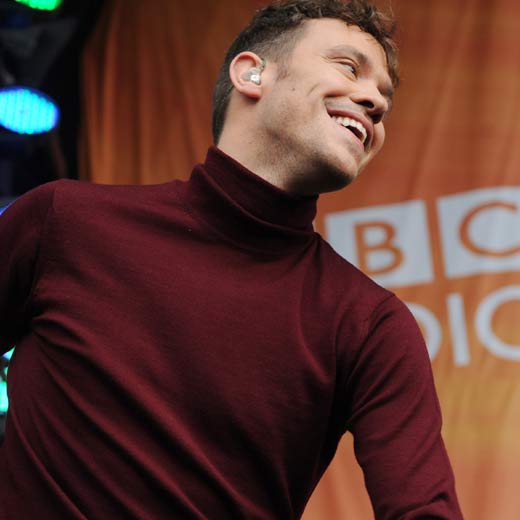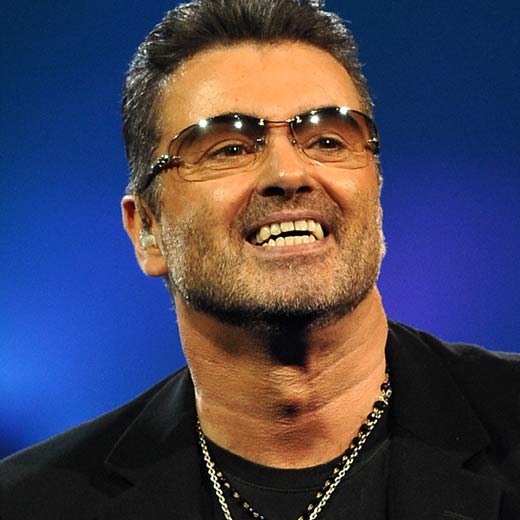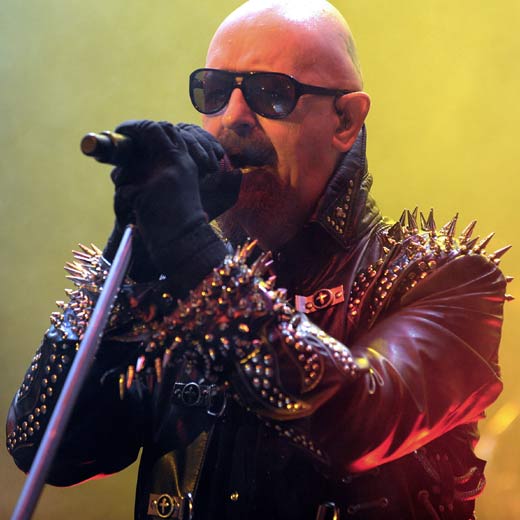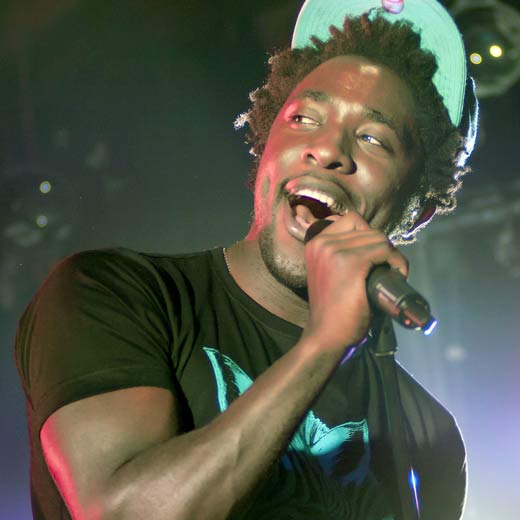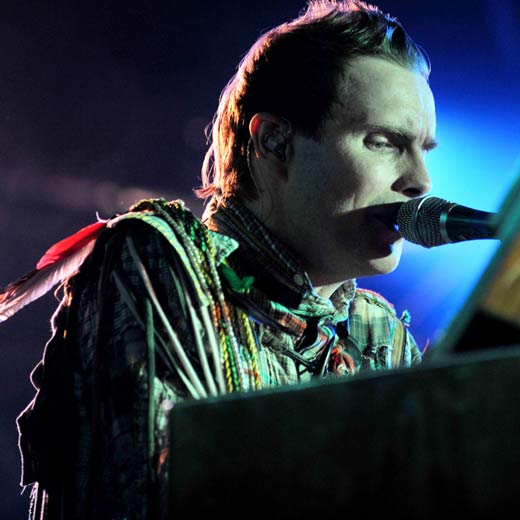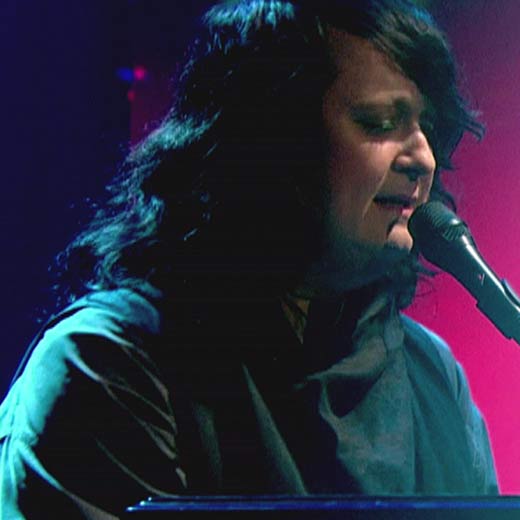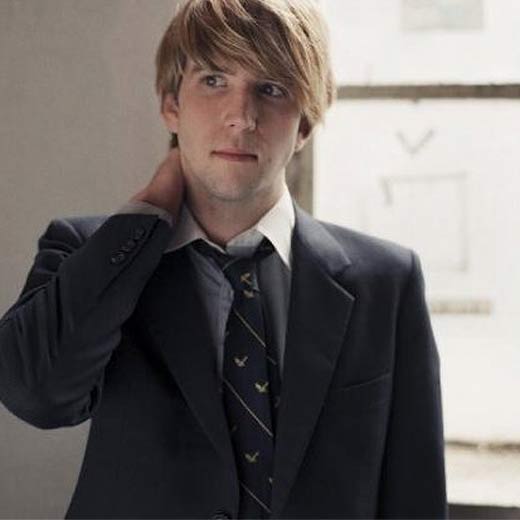US retail giant Target have refused to stock Frank Ocean's album 'Channel Orange', leading the singers manager to accuse the company of being bigoted.
Officially, the reason given by Target as to their refusal to stock 'Channel Orange' is that it was placed on iTunes exclusively before reaching general sale. However, Ocean's manager Chris Clancy posted the news on Twitter alongside a suggestion that Target donates money to 'non equal rights organisations'.
"Target has refused to carry Franks album because of iTunes exclusive. Interesting since they also donate to non equal rights organizations," Tweeted Clancy.
'Channel Orange' was released digitally one week ahead of schedule yesterday, with the album available to stream in full via Ocean's Tumblr page.
Ocean's Tumblr was also the place where he revealed details of a relationship he had with a man prior to making the critically acclaimed album.
Below: the world's great gay pop and rock stars





